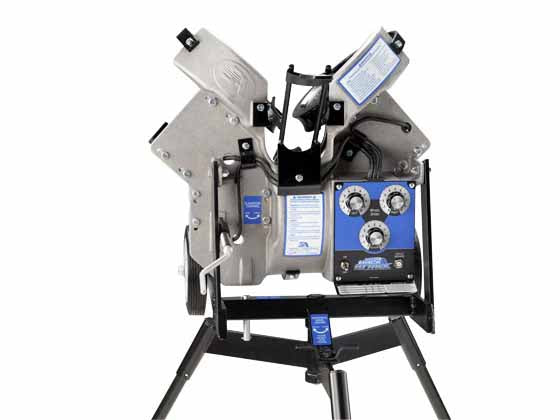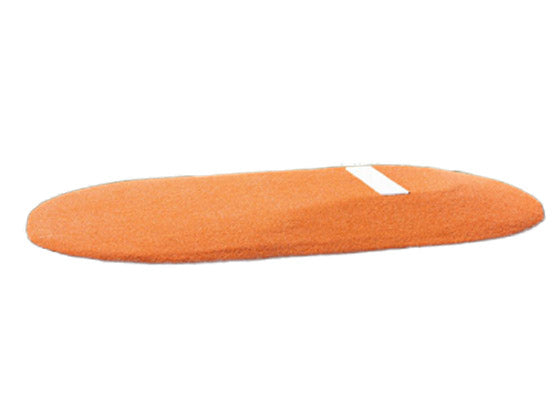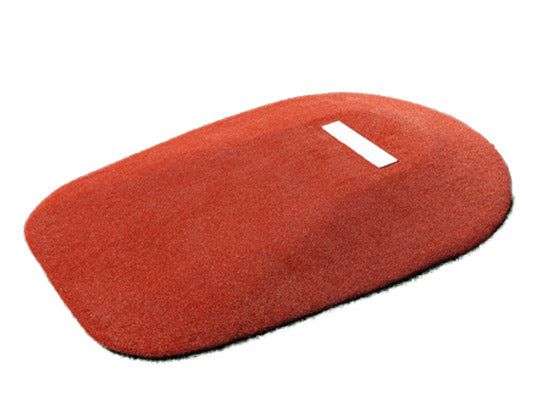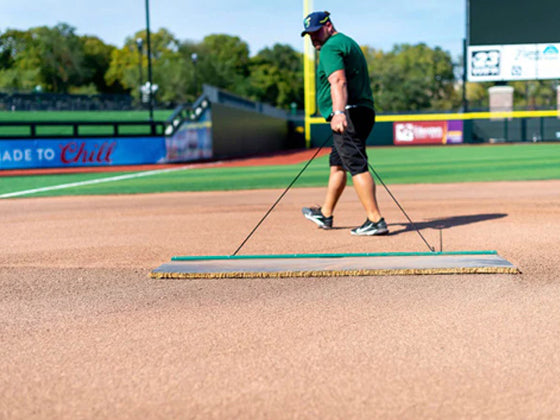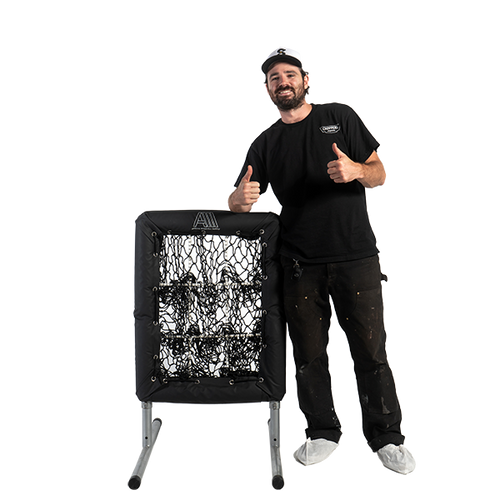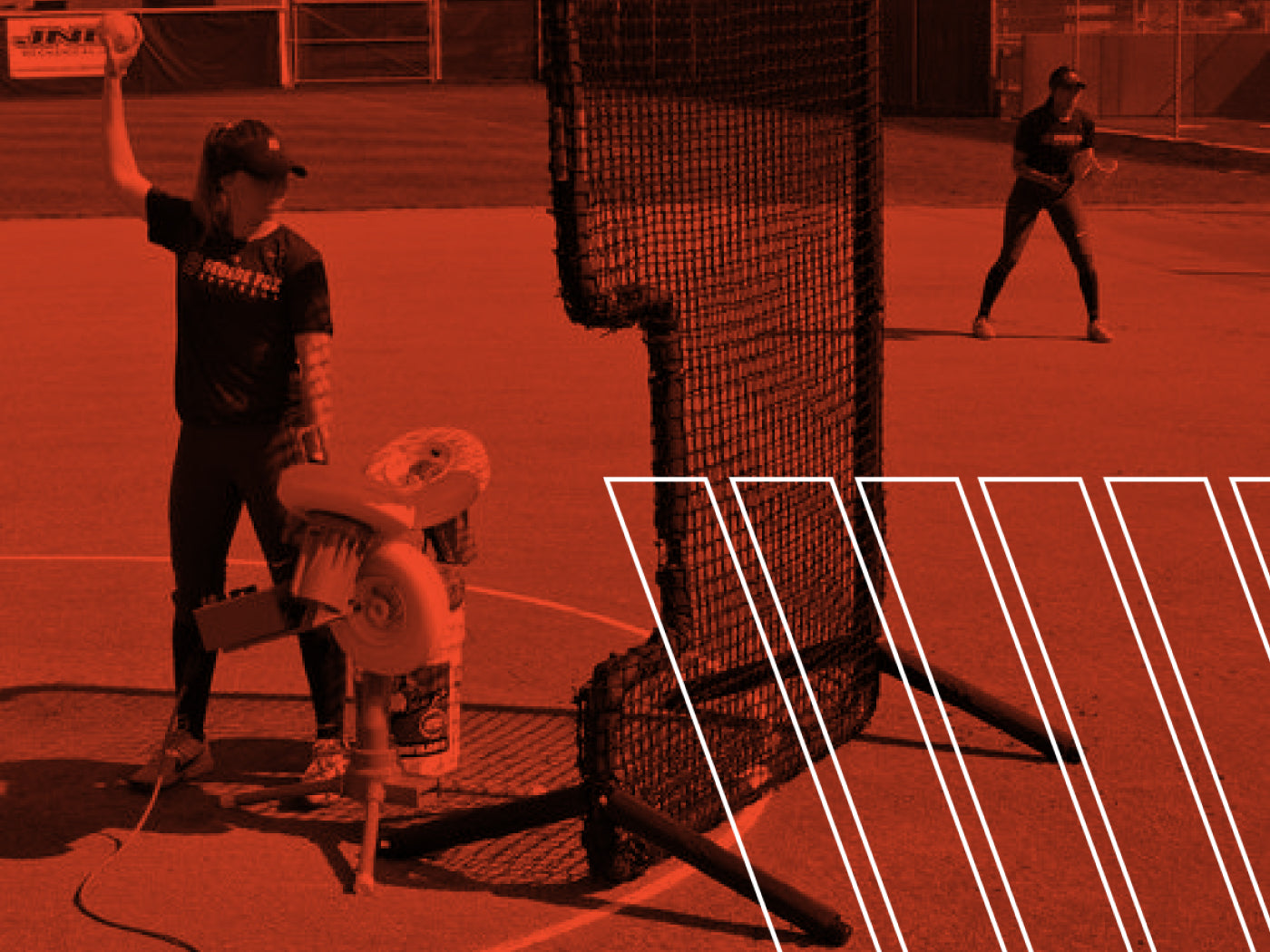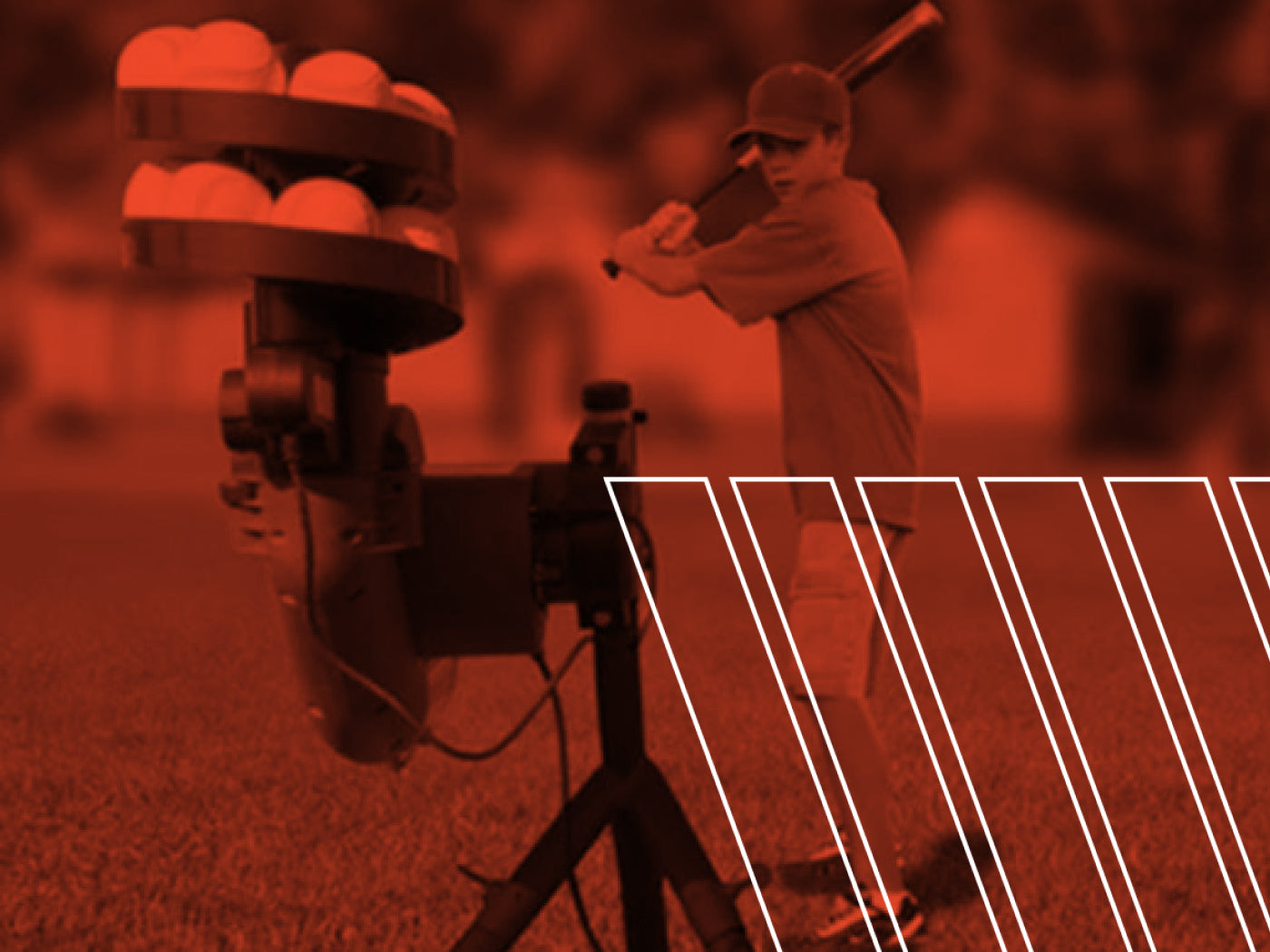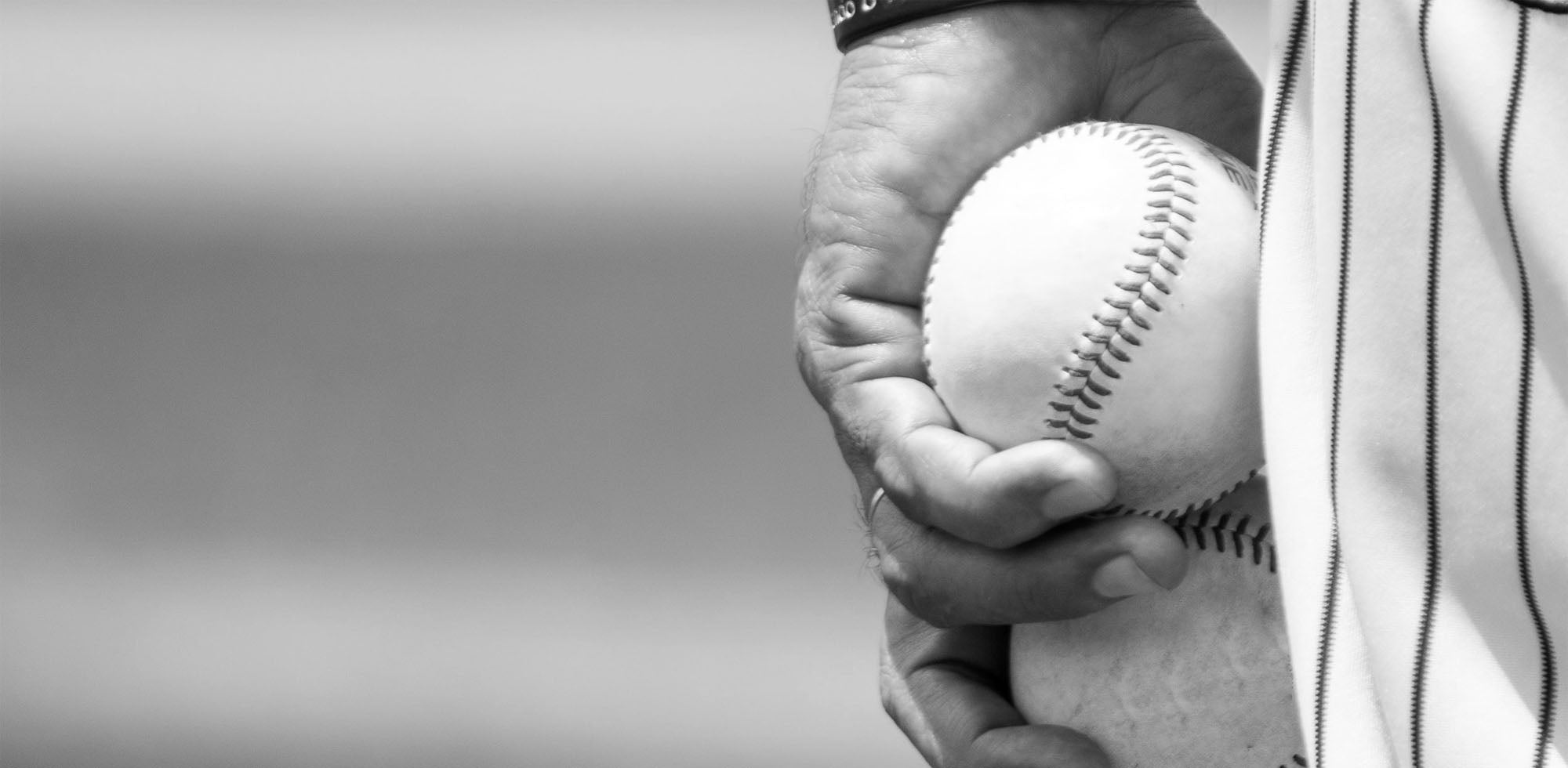You're gearing up for another productive batting practice session, but this time, you're wondering about using those fresh-out-of-the-box baseballs. Can you use real balls in a pitching machine, or is that a recipe for disaster? You've heard whispers about potential damage to the machine and inconsistent pitches. But then again, wouldn’t using real balls provide the most realistic hitting experience? It's a common question that often sparks debate amongst coaches and players alike.
Decoding the Pitching Machine Ball Debate
Choosing the right ball for your pitching machine equipment is about balancing realistic practice with equipment longevity. It's easy to assume that real baseballs and/or softballs should work just fine—after all, that's what you use in a real game. But pitching machines, especially those designed for rigorous use, can be quite different beasts. This all boils down to a few factors—the type of pitching machine, the type of ball, and your training goals. Let's break it down to help you make the right choice.
Can You Use Real Balls in a Pitching Machine? A Closer Look at the Risks

While tempting, using regular pitching machine balls for training or softballs in a pitching machine can be a gamble, often leading to more downsides than benefits. Here's why:
1. Wear and Tear on the Machine
Think of a pitching machine as a finely tuned instrument. It relies on specific components working in perfect harmony to deliver accurate pitches consistently.
Regular baseballs, with their tightly wound yarn and hard leather exteriors, are designed for impact against a wooden bat, not for repeated launching from a machine's spinning wheels. Over time, this can lead to premature wear and tear on the wheels, bearings, and other moving parts, potentially shortening your machine's lifespan. Browse 3 wheel pitching machine collection to find premium options.
2. Compromised Pitching Accuracy
Pitching machines are calibrated for specific ball types. Using a ball that's different from what it's optimized for disrupts this calibration.
Imagine throwing a tennis ball with the same motion as a baseball—the result would be wildly unpredictable. The same principle applies to pitching machines. Regular balls, with their varying weights and seam patterns, can interfere with the machine's ability to grip and propel the ball accurately, leading to erratic pitches.
3. Hitting Experience vs. Potential Damage
Using real balls might seem like a surefire way to replicate game-day scenarios, but consider this: The risks of machine damage and erratic pitches ultimately undermine the effectiveness of your practice. What good is a realistic hitting experience if the pitches themselves are unreliable or if you end up with a broken machine?
If you have a tight budget, you can explore affordable pitching product range at our store.
The Allure of Dimple Balls: Designed for Pitching Machine Harmony
Enter dimple balls, often hailed as the heroes of pitching machine practice. These specialized balls address the limitations of using regular balls, striking a balance between realistic performance and equipment care.
Durability and Machine Compatibility
Crafted from durable synthetic materials like leather or polyurethane, dimple balls can withstand the repeated high-velocity launches from pitching machines. They feature strategically placed dimples, hence the name, which reduce air resistance and ensure smooth, consistent flight. Also along with this, you should consider getting the right protective screen for softball pitching machine.
Enhanced Pitching Accuracy and Consistency
Dimple balls are designed to work seamlessly with the mechanics of pitching machines. Their consistent size, weight, and dimple pattern minimize unpredictable spin and promote pinpoint accuracy, ensuring every pitch replicates a game-like experience without stressing the machine's components. But are pitching machines generally harder to hit than live pitched balls? We answer the question in our blog.
Training Benefits for Hitters

While not exactly the same as real balls in terms of ball feel, dimple balls offer a training experience that's remarkably close. Their consistent flight paths and spin help hitters develop their timing, hand-eye coordination, and swing mechanics without the variables introduced by using regular balls. We also offer miniball pitching machines variety if that’s your practice requirement.
Choosing the Right Ball: A Comprehensive Guide
Now that you know the risks of using regular balls in a pitching machine, let's explore the options specifically designed for these training tools.
1. Dimple Balls: The Pitching Machine Workhorse
- Ideal for regular pitching machine use.
- Available in various materials, each with pros and cons:
- Leather Dimple Balls: Mimic the feel and performance of real balls, often favored by experienced players.
- Synthetic (Polyurethane) Dimple Balls: Generally more durable and less expensive than leather. This makes them popular for high-volume practice. They tend to have a lighter, harder feel compared to leather.
2. Leather Balls: A Touch of Realism, Reserved for Specific Machines
While using regular leather balls is often discouraged, certain pitching machines, specifically those designed for professional or collegiate-level practice, can handle them. These high-end machines typically feature more robust motors and wheel designs that can withstand the stress. But it's important to always double-check the manufacturer's recommendations.
3. Restricted Flight Balls: For Confined Spaces and Safety
Restricted flight balls are worth considering if you often practice in smaller, indoor spaces. These balls are lighter and designed to travel shorter distances, reducing the risk of damage.
Understanding the Different Types of Pitching Machine Balls

When choosing a ball for your pitching machine, understanding the different types available is essential. While dimple balls remain a popular choice, exploring other options like mini balls, training balls, and poly balls can significantly benefit your practice.
1. Dimple Balls: The Go-To Option
As previously discussed, dimple balls are engineered for pitching machines, offering durability and consistent performance. The strategically placed dimples on these balls minimize air resistance, promoting accurate pitches and reducing wear and tear on the machine. Whether you choose leather or synthetic dimple balls, they provide a reliable and consistent training experience. They're also a popular choice for batting cages.
2. Mini Balls: Ideal for Younger or Beginner Hitters
Mini balls, as the name suggests, are smaller than regulation baseballs or softballs. These balls are particularly beneficial for younger hitters still developing their skills and confidence. The smaller size and weight allow for easier tracking and hitting, helping build fundamental techniques without the intimidation factor of a full-sized ball.
3. Training Balls: Focusing on Specific Skills
Training balls, often heavier or lighter than standard balls, are designed to target specific aspects of hitting. For example, a heavier ball can help develop bat speed and power, while a lighter ball might focus on improving hand-eye coordination and swing mechanics. Incorporating training balls into your routine can add variety and focus on areas needing improvement. We also have fury baseballs listed at our store which are great for training with all specially engineered baseballs.
4. Poly Balls: Durable and Versatile
Poly balls, primarily made from polyurethane, are known for their exceptional durability and versatility. These balls can withstand high-impact use, making them suitable for various training drills. They often come in different densities and weights, offering options for both beginners and seasoned players. Poly balls are also a popular choice for use with pitching machines due to their consistent performance and ability to withstand repeated launches. You must also understand the difference between live pitching and pitching machines before deciding which ball to get.
Exploring Pitching Machine Brands and Their Ball Recommendations
Just as important as choosing the suitable ball type is understanding the recommendations of your specific pitching machine brand. Each brand often designs machines optimized for certain ball characteristics. Consulting your machine's manual or contacting customer service for clarification is always advisable.
1. Jugs Pitching Machines

Jugs, a renowned name in the baseball and softball world, offers various pitching machines known for their quality and performance. While Jugs machines generally work well with dimple balls, they also recommend specific balls from their product line. These balls are engineered to complement their machines, maximizing accuracy and longevity. Jugs also offers a variety of training aids and field equipment, including pitching screens, batting tees, and replacement parts.
2. Heater Sports Pitching Machines

Heater Sports is another prominent player in the pitching machine market, offering machines for baseball and softball players of all levels. They emphasize using Heater Sports balls, which are designed for optimal performance with their machines. Their customer service can provide insights on suitable ball types for your specific model.
3. Sports Attack Pitching Machines

Sports Attack offers a range of pitching machines known for their innovative features and user-friendly designs. They typically recommend dimple balls for regular use, emphasizing compatibility with their machines' wheel systems. However, they also provide guidance on using other ball types, like restricted flight balls, for specific drills or confined spaces. Sports Attack pitching machines are used by players of all skill levels, from beginners to professionals.
Real Leather Balls in Pitching Machines: Tread Carefully
The question of whether to use real leather baseballs or softballs in pitching machines warrants further discussion. While they might offer the most authentic "game-like" feel, the risks associated often outweigh the benefits. Here's a deeper look at why using real leather balls should be approached with caution:
1. Accelerated Wear and Tear on Pitching Machine Wheels
Pitching machine wheels are typically made of rubber or polyurethane, materials designed to grip and propel balls with specific characteristics. Real leather balls, with their harder surfaces and raised seams, can create increased friction against these wheels during launch. This repeated friction can lead to premature wear, resulting in grooves, cracks, or even chunks of material breaking off. Over time, this wear and tear can significantly reduce the lifespan of your pitching machine wheels, potentially requiring costly replacements.
2. Compromising Pitching Accuracy and Consistency
The consistent size, weight, and dimple pattern of machine balls allow for predictable spin and flight path. Real leather balls, however, introduce variations in these factors. The natural inconsistencies inherent in real leather, combined with the wear patterns that develop with use, can make it challenging for the machine to grip and release the ball uniformly. This can result in inconsistent ball speeds, erratic movement, and reduced accuracy, undermining the effectiveness of your practice sessions. This can be especially problematic with wheel pitching machines, which rely on precise wheel rotation to deliver accurate pitches.
3. Potential for Machine Jams and Malfunctions
The harder construction and raised seams of real leather balls also increase the risk of jams or malfunctions within the pitching machine's feeding mechanism. Unlike machine balls designed for smooth transitions, real leather balls can catch on internal components, leading to disruptions in ball delivery. These disruptions can range from minor inconveniences requiring adjustments to more severe jams necessitating disassembly or even repairs.
4. The Financial Implications
Considering the potential for accelerated wear and tear, compromised accuracy, and increased risk of malfunctions, using real leather balls in pitching machines can have significant financial implications. The cost of replacing damaged wheels, addressing malfunctions, or even purchasing a new machine can far outweigh any perceived benefits of using real leather balls. Investing in machine-specific balls designed for compatibility and longevity proves to be a more cost-effective approach in the long run.
Maximizing Your Pitching Machine Investment: Tips for Extending Its Lifespan
A pitching machine is a valuable investment for any player serious about improving their game. Whether you’re a seasoned pro or just starting, protecting that investment ensures you get the most out of your training. Here are some expert tips to help you maximize the lifespan of your pitching machine:
1. Choose the Right Balls
This point can’t be stressed enough: Using the correct type of balls for your pitching machine is crucial. As discussed earlier, opt for dimple balls, mini balls, or training balls specifically designed for pitching machines. They provide the perfect balance of performance and equipment preservation.
2. Regular Cleaning and Maintenance
Like any piece of sports equipment, pitching machines benefit from regular cleaning and maintenance. After each practice session, wipe down the exterior to remove dirt and debris. Periodically check the wheels for wear and tear, lubricating them according to the manufacturer's instructions.
3. Proper Storage
When not in use, store your pitching machine in a cool, dry place. Avoid exposing it to extreme temperatures or direct sunlight, which can degrade the machine's components over time. Using a cover can provide added protection from dust and moisture.
4. Follow Manufacturer Guidelines
Your pitching machine's user manual is your best friend. It contains a wealth of information on proper usage, maintenance schedules, and recommended ball types. Always consult the manual for specific instructions related to your machine model.
5. Address Issues Promptly
If you notice any unusual noises, inconsistent pitches, or other signs of trouble, don’t ignore them. Addressing issues promptly can prevent minor problems from escalating into major repairs. Contact the manufacturer or a qualified technician for assistance.
Conclusion
So, can you use real balls in a pitching machine? Technically, yes, but is it advisable? Not really. You risk causing significant damage to your machine. This potentially disrupts the accuracy of the pitches, which can ultimately hinder your training. Opting for balls specifically designed for pitching machine compatibility is the key to consistent practice sessions, increased equipment lifespan, and a hitting experience that closely mirrors a real game. This ensures you get the most out of your practice sessions while maximizing your machine's lifespan.
Q: What type of balls should I use with a baseball pitching machine?
A: You should use balls that are specifically designed for pitching machines, such as dimpled pitching machine balls or leather pitching machine baseballs. Using regular baseballs can damage the machine and create an uneven surface, affecting performance.
Q: Can I use real softballs in a pitching machine for softball practice?
A: It's advisable to use dimpled pitching machine balls or balls specifically designed for pitching machines when practicing with a pitching machine for softball. Real softballs can cause issues with the machine and may not simulate the pitch speed accurately.
Q: What is the advantage of using dimpled pitching machine balls over regular baseballs?
A: Dimpled pitching machine balls are designed to simulate the flight of real baseballs while being more durable and less likely to damage the pitching machine. They also help maintain consistent pitch speed and accuracy.
Q: What should I consider when choosing balls for pitching machines?
A: Consider the type of pitching machine you have, the pitch speed (mph), and whether you want to simulate real baseballs or softballs. Ensure the balls are compatible with your machine and can withstand repeated use without creating an uneven surface.
Q: Are there specific seams to look for on pitching machine balls?
A: Yes, the seams on the balls are important. Low profile seams are preferable as they help the ball feed into the machine smoothly. Seams on real baseballs are designed for grip, but pitching machine balls should have seams that won’t create issues during operation.
Q: How can I ensure my pitching machine performs optimally with the balls I choose?
A: To ensure optimal performance, use balls specifically designed for your type of machine, avoid using hard balls that can damage the machine, and regularly check the machine for wear and tear. Feed the ball into the machine properly to avoid jams and maintain consistent pitch speed.
Q: Can I use softer balls in a baseball pitching machine for younger players?
A: Yes, using softer balls can be beneficial for younger players as they help reduce the risk of injury while still allowing them to practice their batting skills. Just make sure they are compatible with the machine.
Q: What types of balls are recommended for batting practice with a pitching machine?
A: For batting practice, dimpled pitching machine balls or leather pitching machine baseballs are recommended. These balls are designed to withstand repetitive use and simulate the feel of a real pitch without damaging the machine.
Q: Is it okay to mix different types of balls in my pitching machine?
A: It is not recommended to mix different types of balls in your pitching machine. Using a consistent type of ball helps maintain the machine's performance and ensures that players can accurately simulate real game situations.

 Contact Us
Contact Us